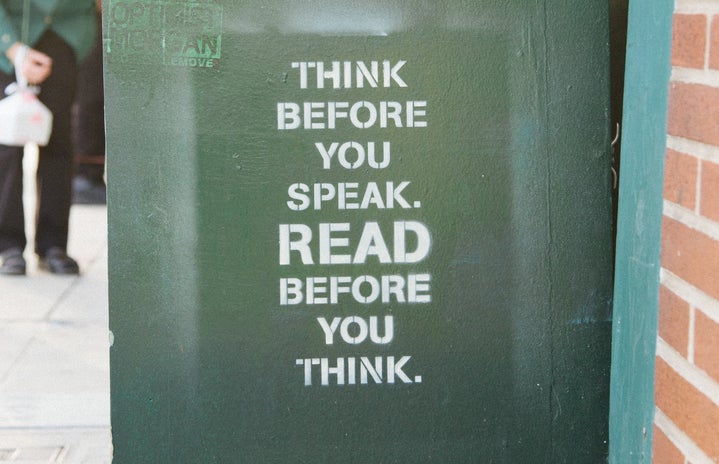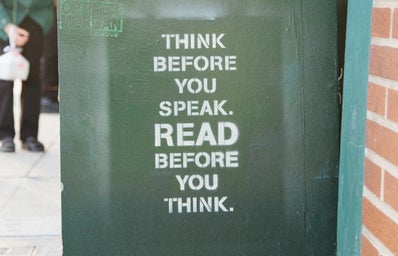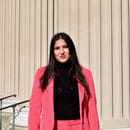As protests calling for the end of police brutality and racism continue across America, literature has become an important way to educate yourselves and better understand the call for action. Books can not only teach you the history of the Black Lives Matter movement, but also the background of Black people in America and how to become a better ally against racial injustice.
Here are eight books that speak about America’s history of racism, and how to understand your own privilege.
- “Open Season: Legalized Genocide of Colored People” by Ben Crump
-
Crump explains how the American legal system justifies the unjust killings of Black men. He speaks on America’s slave-owning history, and how the country has not moved on from that mindset in how it views Black people under the law. For anyone who wants to better understand the core mission of Black Lives Matter, Open Season gives a historical and legal perspective.
- “White Fragility: Why It’s So Hard for White People to Talk about Racism” by Robin DiAngelo
-
This book breaks down the history of white fragility and how the lack of productive conversations about white fragility leads to the continuation of racial inequality. White Fragility is a really good read for anyone who is looking to better themselves as an ally and confront their own biases.
- “White Like Me: Reflections on Race from a Privileged Son” by Tim Wise
-
Wise reflects on how racial privilege impacts the day-to-day life of white Americans. This book illustrates how racism hurts Black Americans while improving the lives of their white counterparts. What makes White Like Me so effective is how it is written through personal narrative to eloquently explain why not challenging one’s own privileges will hold social change back.
- “How to Be an Antiracist” by Ibram X. Kendi
-
Kendi explains what it means to be an “Antiracist” and explains why just “not being racist” does not stop the problem. If anyone wants to better understand the different types of racism in our society and learn how to combat them, How to Be an Antiracist is the perfect choice for you.
- “So You Want to Talk About Race” by Ijeoma Oluo
-
For anyone trying to learn how to be a better ally and understand issues of race in this country, this book gives a strong basis on how to have conversations about race and how to understand microaggressions and white privilege. What makes So You Want to Talk About Race so effective is how it takes one through the mundane situations and gives the property tools and terminology to discuss these events.
- “Biased: Uncovering the Hidden Prejudice That Shapes What We See, Think, and Do” by Jennifer L. Eberhardt
-
This book points out the different layers of racism in our lives, how to properly speak about them, and how to address them for the future. If you are looking to better understand how Black people endure racism on a day-to-day basis and learn how to break the system, Biased is the correct choice.
- “The Fire Next Time” by James Baldwin
-
Two of Baldwin’s essays make up this book, explaining from his personal experience how America hurts its Black men to his nephew, and explaining the role—and detriment—of religion on Black Americans. The Fire Next Time is personal, moving, and I highly suggest it to anyone trying to better understand the Black experience in America.
- “Between the World and Me” by Ta-Nehisi Coates
-
Inspired by the work of Baldwin, in Between the World and Me Coates writes to his teenage son about the realities of being Black in America. He reflects on his own experiences growing up in Baltimore and the way that every institution in his life was built against African Americans.
The best way to fight against racism is to be educated on the issues impacting Black men and women across the world. These books will allow you to educate yourself and others, start conversations about race and encourage you to take action.


